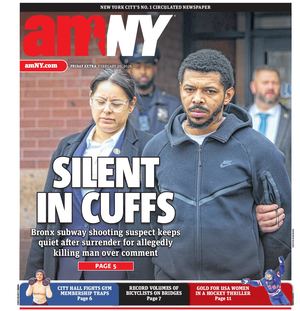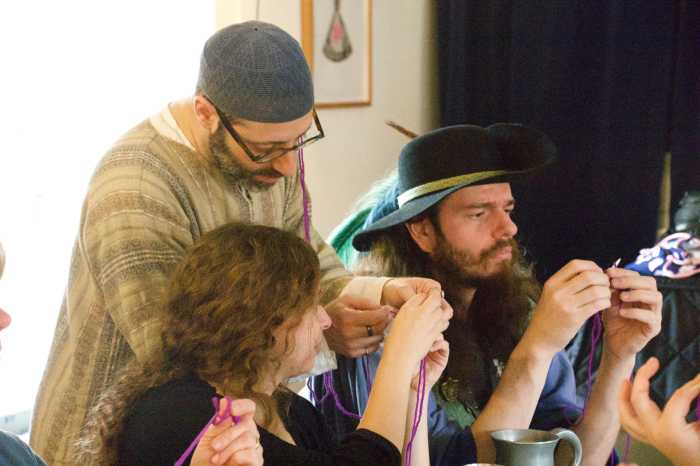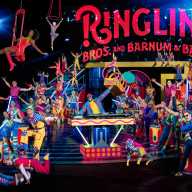“The Prom” plays an open run at the Longacre Theatre. 220 W. 48th St., theprommusical.com.
I couldn’t find a date to “The Prom” — but that turned out to be for the better. Why should someone else have to endure it too?
Many important social issues — inclusion, arts education, community outreach — get run over by lame humor, underwhelming songs and ultra-hammy performances in this original musical, which is so flimsy, tacky and amateurish that it leaves you wondering how it got to Broadway in the first place.
To its credit, “The Prom” is led by an impressive creative team, including director-choreographer Casey Nicholaw (“The Book of Mormon,” “Aladdin,” “Mean Girls”), book writer Bob Martin (“The Drowsy Chaperone”) and songwriters Matthew Sklar and Chad Beguelin (“The Wedding Singer,” “Elf”).
The silly storyline seems to have been culled from elements of “Mean Girls,” “Dear Evan Hansen” and “Bye Bye Birdie,” painted over with social media news alerts and a heavy dose of camp.
It centers around a handful of ego-driven, out-of-work Broadway actors — led by musical comedy favorites Beth Leavel (“The Drowsy Chaperone”), Christopher Sieber (“Spamalot”) and Brooks Ashmanskas (“Fame Becomes Me”) — who seek out a “cause célèbre” that will provide a career-enhancing dose of good publicity.
They find it in a small Indiana town where the high school prom was shut down rather than permit a lesbian teen (Caitlin Kinnunen) to attend with her girlfriend (Isabelle McCalla).
Just as it appears that the school principal (Michael Potts, with a dignified air) might be able to work out a solution, the actors descend upon the town, wielding signs emblazoned with “no more mister nice gay” and “wish you were queer,” which only makes things more difficult for everyone.
The youngest cast members (who play the high school students) come off best, with Kinnunen giving a sensitive and vulnerable performance.
The adults, on the other hand, are weighed down by tedious jokes marked by an overreliance on insider musical theater references and one-dimensional characterizations, which they attempt to compensate for by pushing too hard with their performances. Leavel, in particular, appears to be doing a slight variation on her Tony-winning performance in “The Drowsy Chaperone” (where she also played an over-the-top diva).
While its cultural messaging is well-meaning, many other shows on Broadway and elsewhere advocate for the same values while offering superior storytelling and entertainment.
































